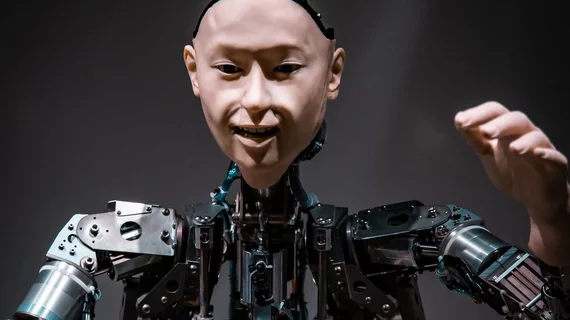‘Human–machine hybrid AI diagnostic system’ rolls into Rochester
The Mayo Clinic’s flagship campus in Minnesota is installing an AI-powered patient triage and prediction platform.
Developed and marketed by Israeli startup Diagnostic Robotics, the system is designed to facilitate more efficient and clinically appropriate decisionmaking in emergency settings.
Along with improving care quality and optimizing lengths of stay, the software additionally aims to help healthcare workers avoid burnout by smoothing peaks and valleys in their workloads.
According to coverage by the Israel-based outlet NoCamels.com, the platform is a “human–machine hybrid AI diagnostic system” that helps the humans in the equation—emergency clinicians—make the right calls on triaging and admitting patients.
The technology does so by delivering a hospitalization risk score. Its AI algorithms were trained on multiple millions of data points, including 27 million patient visits, NoCamels reports.
The outlet notes that, earlier this year, Diagnostic Robotics adapted the system for COVID-19 care and worked with the state government of Rhode Island to implement it there.

